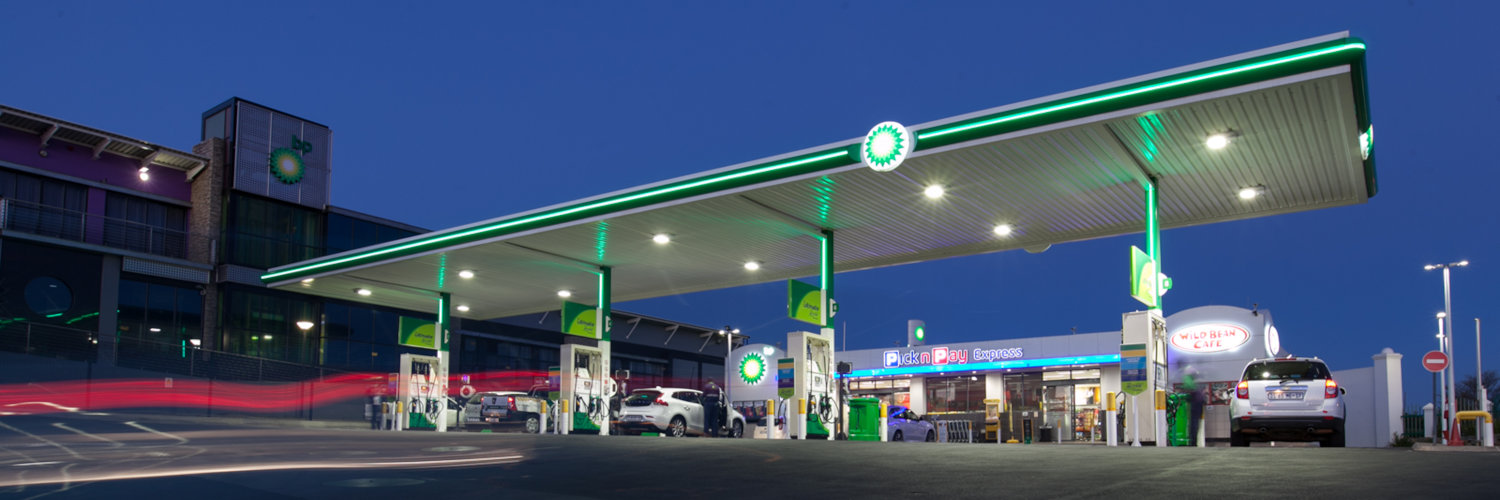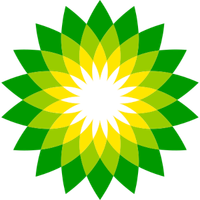

BP PLC
LSE:BP

Intrinsic Value
The intrinsic value of one
 BP
stock under the Base Case scenario is
322.44
GBX.
Compared to the current market price of 468.5 GBX,
BP PLC
is
Overvalued by 31%.
BP
stock under the Base Case scenario is
322.44
GBX.
Compared to the current market price of 468.5 GBX,
BP PLC
is
Overvalued by 31%.

Let our AI compare Alpha Spread’s intrinsic value with external valuations from Simply Wall St, GuruFocus, ValueInvesting.io, Seeking Alpha, and others.
Let our AI break down the key assumptions behind the intrinsic value calculation for BP PLC.
Fundamental Analysis
Revenue & Expenses Breakdown
BP PLC

Earnings Waterfall
BP PLC

The intrinsic value of one
 BP
stock under the Base Case scenario is
322.44
GBX.
BP
stock under the Base Case scenario is
322.44
GBX.
Compared to the current market price of 468.5 GBX,
 BP PLC
is
Overvalued by 31%.
BP PLC
is
Overvalued by 31%.

